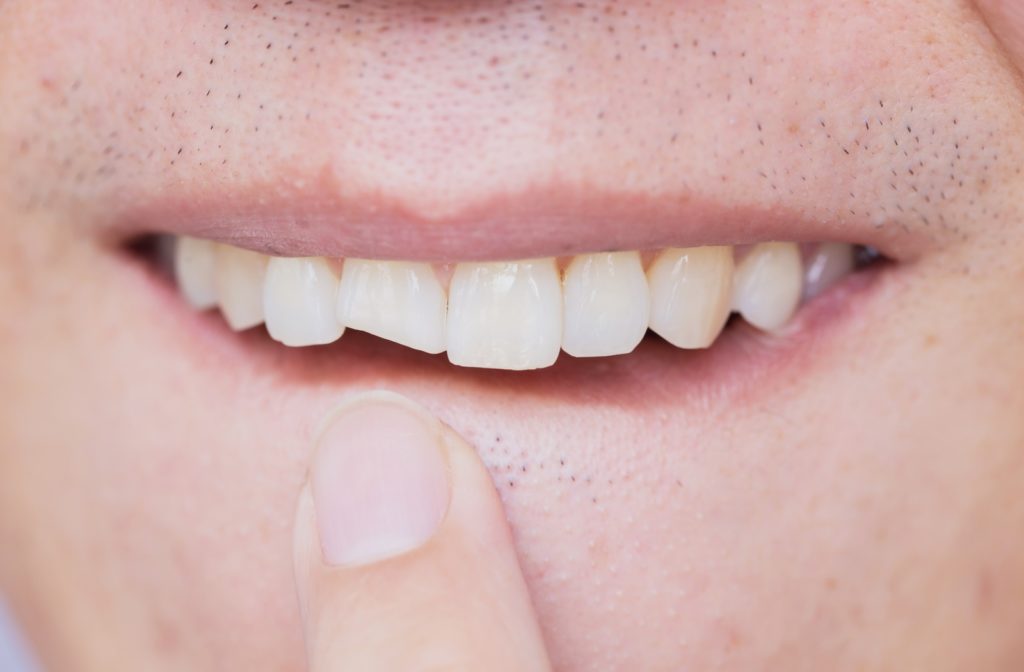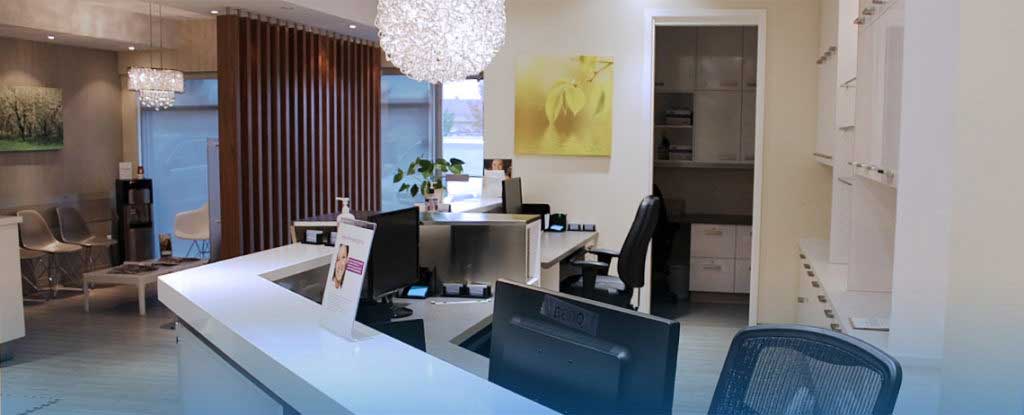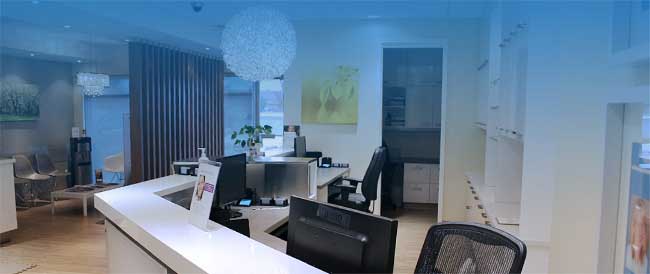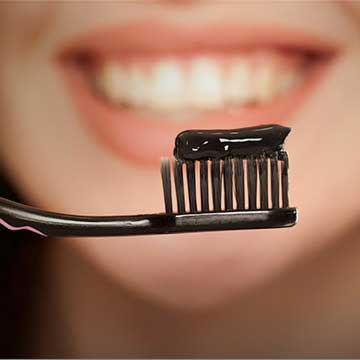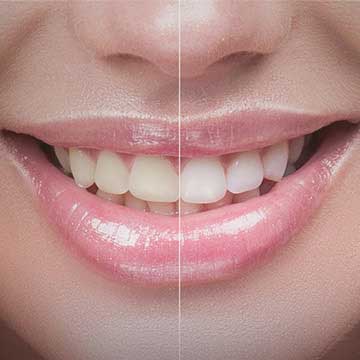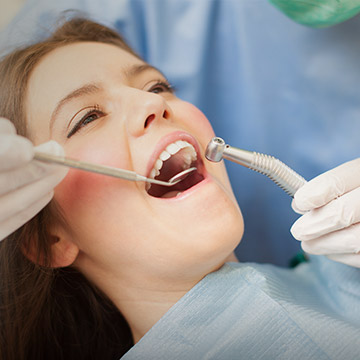According to the Canadian Dental Association, 84% of Canadians report their oral health as good or excellent. That, however, does not include the need for emergency dental care such as a broken tooth.
A broken tooth can turn your smile upside down. But wait, there is hope to save it with a quick visit to your dentist.
What Constitutes a Broken Tooth?
Surprisingly the hardest substance in your body is the enamel on your teeth. Yet the tooth can still break. Teeth can get chipped or cracked and increase the risk of a fractured or broken tooth.
Different ways in which the tooth can break:
- Craze lines: these are hairline stress cracks in the outer enamel. It usually causes no pain, your dentist may recommend a night guard if they see these lines in your teeth.
- Fractured cusp: this break occurs when one of the chewing points of a tooth fractures, this can be next to a filling or on a tooth that has never had a filling.
- Cracks that start in the enamel and travel towards the gumline: damage to the nerve of the tooth can result in the need for a crown or root canal and a crown. Early treatment can save the tooth. If a crack travels to the nerve of the tooth a toothache or infection can occur.
- Vertical root fracture: starts in the crown of the tooth and moves down to the root of the tooth, this can cause a toothache, abscess and require the tooth to be extracted.
Causes of Broken Teeth
Fracturing a tooth is a common occurrence caused by any oral injury or trauma that is severe enough to break the tooth but does not cause it to dislodge from the mouth. Breaks can also develop slowly with wear and tear. Clenching and grinding of the teeth is one of the main causes of cracked/fractured teeth.
Here are possible causes of broken teeth occurring suddenly with injury or trauma, or over time with wearing away:
- Physical trauma, like an accident, sports injury, or fall
- Biting on something hard, like ice, candy, or bone
- Age
- Cavities and fillings affect the integrity of teeth
- Teeth grinding (bruxism) causes pressure which wears or cracks teeth over time

Signs of a Cracked or Broken Tooth
You may not always notice a crack or broken tooth. Early signs or smaller breaks and cracks are harder to spot and don’t always cause pain or discomfort.
The first common signs of a cracked or broken tooth include:
- Pain that comes and goes while chewing
- Pain when releasing a bite
- Sudden pain when eating
- Sensitivity to hot and cold food or drinks
- Tender and swollen gums around the affected tooth
- Sensitivity to sweetness
Waiting for signs of a broken tooth can lead to it getting worse. There is the possibility of bleeding, inflammation, infection, and tooth loss. For these reasons, visiting your dentist and having regular checkups and dental examinations are crucial for oral health.
If you notice a broken tooth or experience any of the above symptoms, contact your dentist as soon as possible. Or follow some self-care measures until your appointment.
How Can Your Broken Tooth Be Saved?
A broken tooth can’t heal, but repairing it is an option if treated promptly. The outlook for saving a broken tooth looks good. Your dentist will determine treatment based on the size of the breakage, the location of the breakage, and your symptoms.
Fillings or Bonding
If it’s a small piece that has broken, the dentist will repair it with a filling. If damage is to the front of the mouth, bonding is preferred. Bonding involves numbing the tooth and applying a tooth-coloured resin that hardens with ultraviolet light.
Crown or Dental Cap
Recommended when there is severe tooth breakage but the root is intact. The dentist will remove part of the affected tooth to make room for the crown. If part of the tooth is missing, adding filling material helps hold the crown.
Removal
If the damage is too severe and affects the root and nerves, it may result in tooth extraction.
Veneers
A dental veneer is tooth-coloured porcelain or resin shell that goes over the front of the tooth. Veneers can last for many years.
Root Canal
If a break in the tooth extends to the nerve of the tooth, the preferred treatment is a root canal.
Ways to Prevent Tooth Breakage
When it occurs suddenly, a broken tooth is unavoidable. Reduce your risk every other time with precautions and measures to protect your teeth from breaking:
- Avoid chewing hard foods, including ice
- Practice good oral health by brushing twice a day and flossing daily
- Wear a mouthguard when playing sports or when sleeping to avoid grinding
- Visit your dentist regularly
Your Dentist to the Rescue
A broken tooth is a dental emergency. Call us so we can help accommodate your emergency. Otara Dental is here to provide help and instructions in your time of need.


